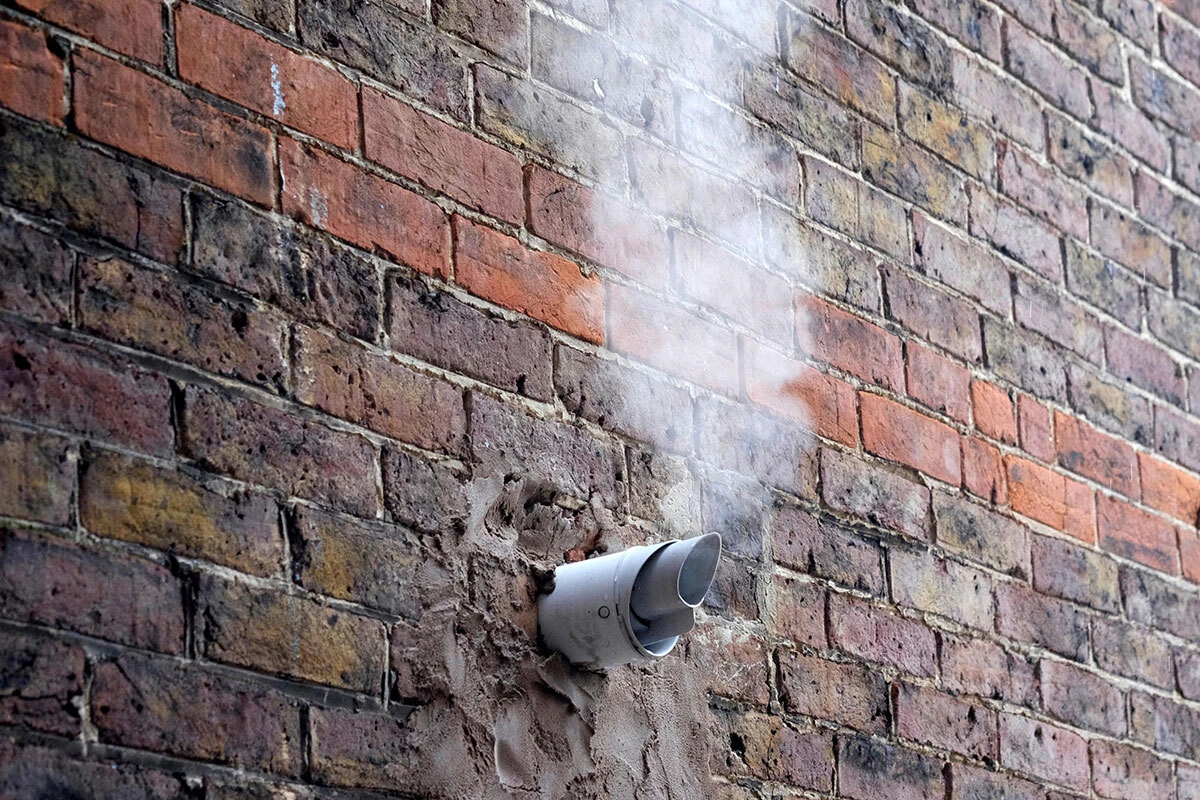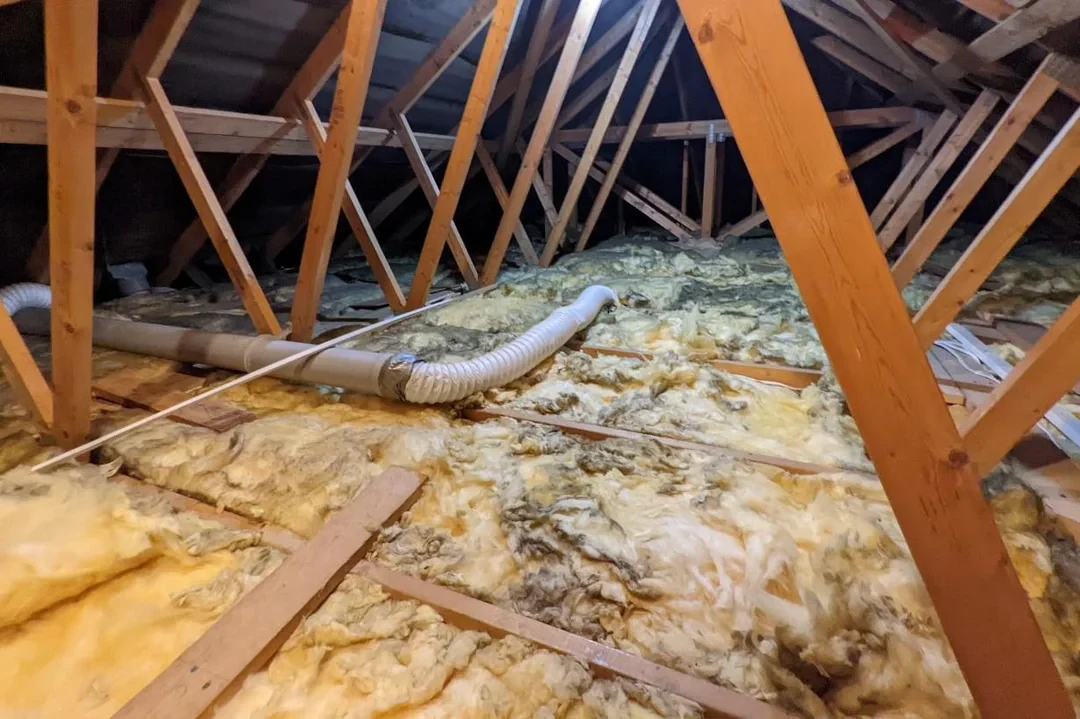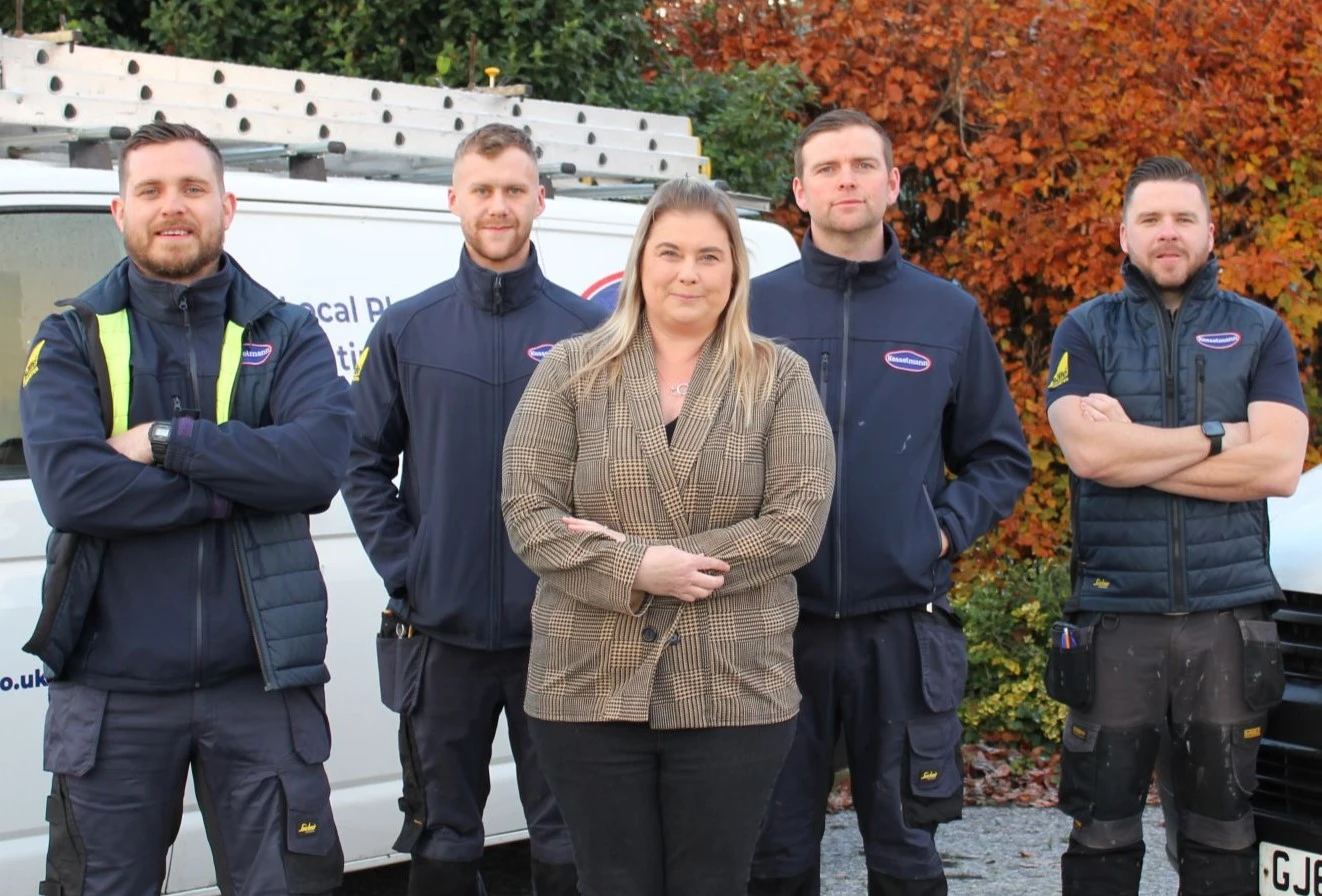01/01/2025
Contents
- 1. Fix Leaks Promptly
- 2. Install Water-Saving Taps and Showerheads
- 3. Upgrade to Dual-Flush Toilets
- 4. Install a Water Meter
- 5. Harvest Rainwater
- 6. Use Efficient Appliances
- 7. Install a Pressure-Reducing Valve
- 8. Optimise Outdoor Water Use
- 9. Educate Household Members
- 10. Schedule Regular Plumbing Inspections
- The Environmental Impact of Water Conservation
Water bills can be a significant expense for UK households and landlords. Fortunately, there are several simple and effective plumbing upgrades and maintenance tips that can help you save money while also conserving water. By implementing these strategies, you can reduce waste, lower your bills, and contribute to environmental sustainability.
Here’s a comprehensive guide to the best ways to upgrade your plumbing system and cut down on your water costs.
1. Fix Leaks Promptly
One of the easiest ways to save money on your water bill is to repair leaks as soon as they occur. Even a small leak, such as a dripping tap, can waste hundreds of litres of water each year.
Signs of Leaks:
> Persistent dripping from taps
> Unexplained increases in your water bill
> Damp spots on walls, floors, or ceilings
> Water pooling around pipes or fittings
How to Fix:
> Replace worn-out washers or seals in taps.
> Tighten loose fittings.
> If you suspect hidden leaks, consult a professional plumber to locate and repair them.
Fixing leaks not only saves water but also prevents long-term damage to your property.
2. Install Water-Saving Taps and Showerheads
Upgrading to water-efficient fixtures can significantly reduce your water consumption without sacrificing performance.
Benefits of Water-Saving Fixtures:
> Aerated Taps: Mix air with water to reduce flow while maintaining pressure.
> Low-Flow Showerheads: Use up to 50% less water compared to standard models.
> Motion-Activated Taps: Ideal for reducing water wastage in busy households or rental properties.
Cost and Savings:
> Water-saving showerheads typically cost between £20 and £50.
> Aerated taps are an affordable upgrade, starting at £15.
> These fixtures can reduce water usage by up to 30%, leading to substantial savings over time.
3. Upgrade to Dual-Flush Toilets
Toilets account for a significant portion of household water usage, with older models using up to 13 litres per flush. Switching to a dual-flush system can cut this down considerably.
How Dual-Flush Toilets Work:
> They offer two flush options: a full flush for solid waste and a reduced flush for liquid waste.
> Modern dual-flush toilets use as little as 4-6 litres per flush.
Savings Potential:
> Replacing an old toilet with a dual-flush model can save a household up to 10,000 litres of water annually.
> If replacing the entire toilet isn’t feasible, consider installing a dual-flush retrofit kit, which costs around £20 to £50.
4. Install a Water Meter
Many UK households are not on a water meter, meaning they pay a fixed rate regardless of their usage. Switching to a water meter allows you to pay only for the water you use.
Advantages of Water Meters:
> Encourages mindful water consumption.
> Potentially lower bills for smaller households or properties with efficient water usage.
How to Get a Water Meter:
> Contact your water provider to request installation. In many cases, this is free of charge.
> Monitor your usage and adjust your habits to maximise savings.
5. Harvest Rainwater
Rainwater harvesting systems are a sustainable way to reduce your reliance on mains water for outdoor use.
How It Works:
> Rainwater is collected from your roof and stored in a water butt or tank.
> It can be used for watering plants, washing cars, or even flushing toilets in some systems.
Benefits:
> Saves water, particularly in the summer months when usage tends to increase.
> Reduces pressure on mains water supplies and lowers your bill.
> Systems range from basic water butts (£50-£100) to advanced setups for indoor use (£500+).
6. Use Efficient Appliances
Modern dishwashers and washing machines are designed to use less water and energy than older models. Upgrading your appliances can result in significant savings over time.
Features to Look For:
> Eco Cycles: Use less water and energy.
> Energy Star Ratings: Indicate high efficiency.
> Load Sensors: Adjust water usage based on the load size.
Tips for Maximising Efficiency:
> Only run appliances with full loads.
> Use cold water settings where possible.
> Clean filters regularly to maintain optimal performance.
7. Install a Pressure-Reducing Valve
High water pressure can lead to increased water usage and strain on your plumbing system. Installing a pressure-reducing valve (PRV) can help regulate pressure and reduce water waste.
Benefits of a PRV:
> Reduces water flow without affecting performance.
> Extends the lifespan of pipes and fixtures.
> Can lower water usage by up to 30%.
Installation:
> A PRV typically costs £130-£180 and should be installed by a professional plumber.
8. Optimise Outdoor Water Use
Outdoor water usage, such as watering gardens or washing cars, can significantly impact your water bill. Simple changes can help conserve water.
Tips for Outdoor Efficiency:
Use a Hose with a Trigger: Reduces water flow when not in use.
Water Plants Early or Late: Minimises evaporation during hot weather.
Choose Drought-Resistant Plants: Require less watering.
Mulch Your Garden: Retains soil moisture and reduces the need for frequent watering.
9. Educate Household Members
Encouraging mindful water usage among household members can lead to long-term savings. Small behavioural changes can make a big difference.
Simple Habits to Adopt:
Turn off taps while brushing teeth.
Take shorter showers.
Use a basin for washing dishes instead of letting the tap run.
Regularly check for leaks and drips.
10. Schedule Regular Plumbing Inspections
Regular inspections by a qualified plumber can help identify potential issues and ensure your plumbing system is running efficiently.
Benefits of Inspections:
Detect hidden leaks or inefficiencies.
Ensure fixtures and appliances are in good condition.
Receive expert advice on upgrades and maintenance.
Frequency:
For most households, an annual inspection is sufficient. Older properties may benefit from more frequent checks.
The Environmental Impact of Water Conservation
Reducing your water consumption doesn’t just save money—it also benefits the environment. By using water more efficiently, you can:
Lower Energy Usage: Reducing hot water consumption decreases the energy needed to heat water.
Conserve Resources: Helps preserve water supplies for future generations.
Reduce Carbon Emissions: Less energy usage means a smaller carbon footprint.
By making small changes in your home, you can contribute to a more sustainable future while enjoying the financial benefits.
Final Thoughts
Saving money on your water bill doesn’t have to be complicated or expensive. With a combination of simple upgrades, mindful habits, and regular maintenance, you can reduce your water usage and enjoy significant savings.
From fixing leaks to installing water-saving fixtures, every step you take adds up. Not only will you lower your household expenses, but you’ll also contribute to a more sustainable future.
Need help?
Our plumbers specialise in helping homeowners and landlords make their properties more efficient and cost-effective. Here’s why you can trust us for your plumbing needs:
Expert Advice: Our experienced team can recommend the best water-saving upgrades for your property.
Professional Installation: Ensure your fixtures and appliances are installed correctly and perform optimally.
Ongoing Support: We’re here to assist with maintenance and repairs whenever you need us.
If you’re ready to start saving money on your water bill, get in touch with us today. Let us help you make simple upgrades that deliver lasting results.













